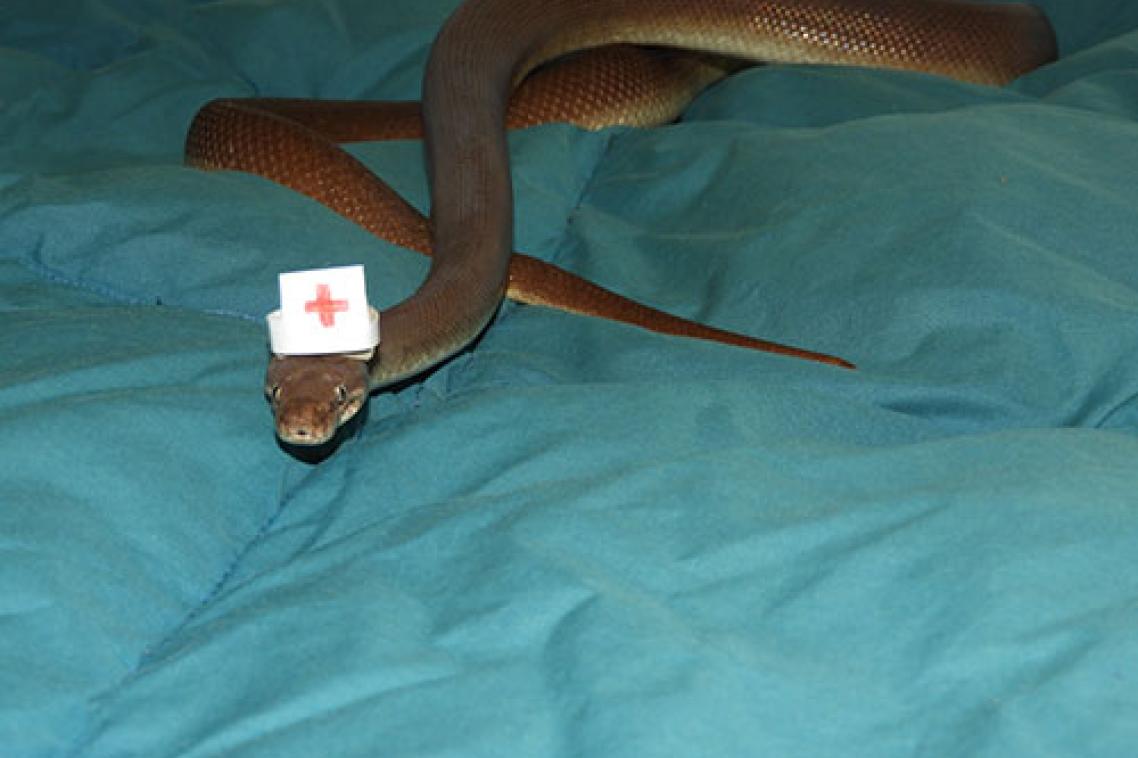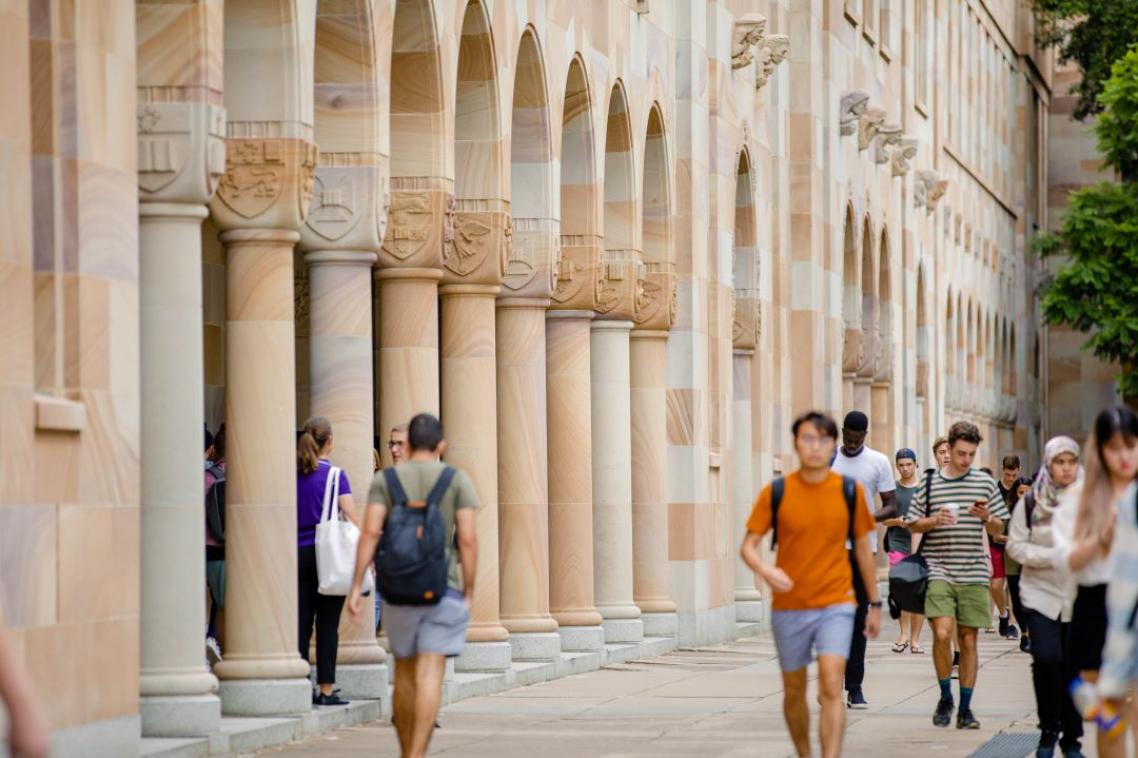Snake season and management - experts available

University of Queensland experts are available for comment on the current seasonal increase in snake numbers and the impacts on people and pets.
Journalists can contact the following experts below, or search our UQ Experts database for researchers and experts.
Hard copies of the experts guide are available on request.
School of Biological Sciences and Institute for Molecular Bioscience
bgfry@uq.edu.au, +61 7 3365 8515, 0400 193 182.
The evolution on venom systems, toxins, biochemical, ecological, morphological and pharmacological diversity of venoms and associated venom systems.
Associate Professor Rachel Allavena
School of Veterinary Science
r.allavena@uq.edu.au, +61 7 5460 1826, 0488 677 740.
Pathology, toxicology and animal science. Registered specialist veterinary anatomic pathologist with the Veterinary Surgeon's board of Queensland. The effect that the snake venoms have on dogs and cats, why they are so deadly, the difficulties we have in treating and diagnosing the bites, and the research we need to do to understand more about the snakes and pets.
Associate Professor Glenda Gobe
School of Biomedical Sciences
g.gobe@uq.edu.au, +61 7 3346 5159, 0438 755 416.
Apoptosis in kidney diseases, effect of snake bite on kidneys.
Media: UQ communications, communications@uq.edu.au, +61 7 3346 7887.
Related articles

Should you consent to your doctor using an AI scribe? Here’s what you should know.

$1.85 million boost for UQ research projects
Media contact
UQ Communications
communications@uq.edu.au
+61 429 056 139
